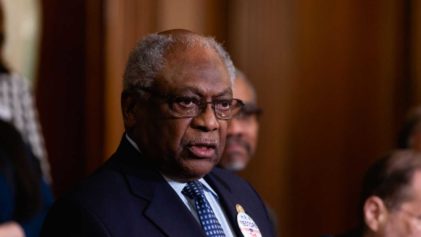Secretary of State Hillary Clinton used the gathering of world leaders in Rio last week to announce a project that may have enormous implications for the residents of the African continent: The U.S.-Africa Clean Energy Finance Initiative. The U.S. will capitalize the initiative with an initial grant of $20 million to fund clean energy projects in Africa, with an expectation of an investment of hundreds of millions dollars more from other U.S. agencies and the private sector.
“Clean energy is something that we all say we’re for,” Clinton said. “We have given lots of speeches about it, but now is the time for us to act. And we know that as Africa is lifting off economically, with some of the fastest growing economies in the world in the midst of what is still a very precarious global economy, that clean energy will bring new jobs, create new livelihoods, support education, new businesses, healthier and more productive lives, as well as reducing the emissions that contribute to climate change. And we think that is a winning formula.”
Clinton presented sobering statistics about Africa’s inadequate infrastructure, stating that just one in every four African households has access to electricity—on a continent with vast geothermal resources in the East, the world’s largest hydropower resources in the middle, and usable bright sunlight across the continent.
“That is 600 million men, women, and children living without power that can’t turn on the lights, can’t use a machine in a factory,” Clinton said. “Now why does this gap exist? It is not a technological hurdle. We know how to harness that energy and deliver it to the homes and businesses across Africa. It is because investors in this space often see obstacles and risks that stop them from investing in clean energy in Africa. Too few projects even make it past the initial planning stage. So even though all of the pieces are there—energy sources, technology, know-how, high demand—the investments that would bring all of that together have yet to materialize.”
Clinton also provided the crowd with a short U.S. history lesson to put the African dilemma into perspective.
“I want to say a word about my own country, because I think often times people believe that somehow all of this just happened in the United States or other places that have reliable power supplies,” she said. “In my own country, it took government support, starting in the 1930s, to create institutions that would provide exactly the kind of incentives and guarantees to extend electricity into rural areas in the United States that we’re talking about for Africa. We did not finish electrifying the continental United States until, I think, the mid or late 1960s. So it was a 30, 40-year project. But we stayed with it, and we kept fine tuning what was needed—rural electric co-ops and other kinds of incentives and guarantees.”


